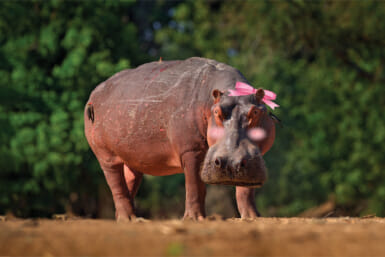A new study released this week at UNICEF ranks Japan as the safest country in the world for newborn babies.
Japan’s infant mortality rate in 2012 was 1.1 in 1,000 live births, according to the report released by leading medical journal The Lancet. Singapore ranked second in terms of low risk for newborns with 1.2 neonatal deaths per 1,000.
In contrast, Sierra Leone and Somalia ranked first and second for highest risks for newborns, with 49.5 and 45.7 deaths per thousand live births during the same period, as reported by a study “Every Newborn,” highlighting the number of children who died before they reach one year of age in least-developed countries.
The study also shows how many deaths could have been prevented if proper care around the time of birth were provided.
“The countries with the highest burden in Africa and South Asia are not safe in many respects, and we are highlighting that they are not safe even for the newborn,” said Kim Eva Dickson, UNICEF’s senior adviser of maternal and newborn health, during a press conference in New York.
According to UNICEF, 2.9 million babies die every year within their first 28 days and an additional 2.6 million babies are stillborn. Newborn deaths account for 44 percent of total mortality among children under the age of 5.
Dickson added that “simple interventions” can save an infant’s life within the first 24 hours, the most dangerous time for both mother and child.
“We are not talking about high technology here, we are talking about simple things that we could do” such as drying the baby when it is born, wrapping it and cleaning the umbilical cord.
Japan has one of the lowest birth rates in the world and continues to grapple its ever-shrinking population. No immediate correlation was drawn about how the nation’s low birth rate might affect the mortality rate for newborns in Japan.
By Maesie Bertumen
Image: Sebra / Shutterstock.com
UNICEF, infant mortality, Japanese birth rate









